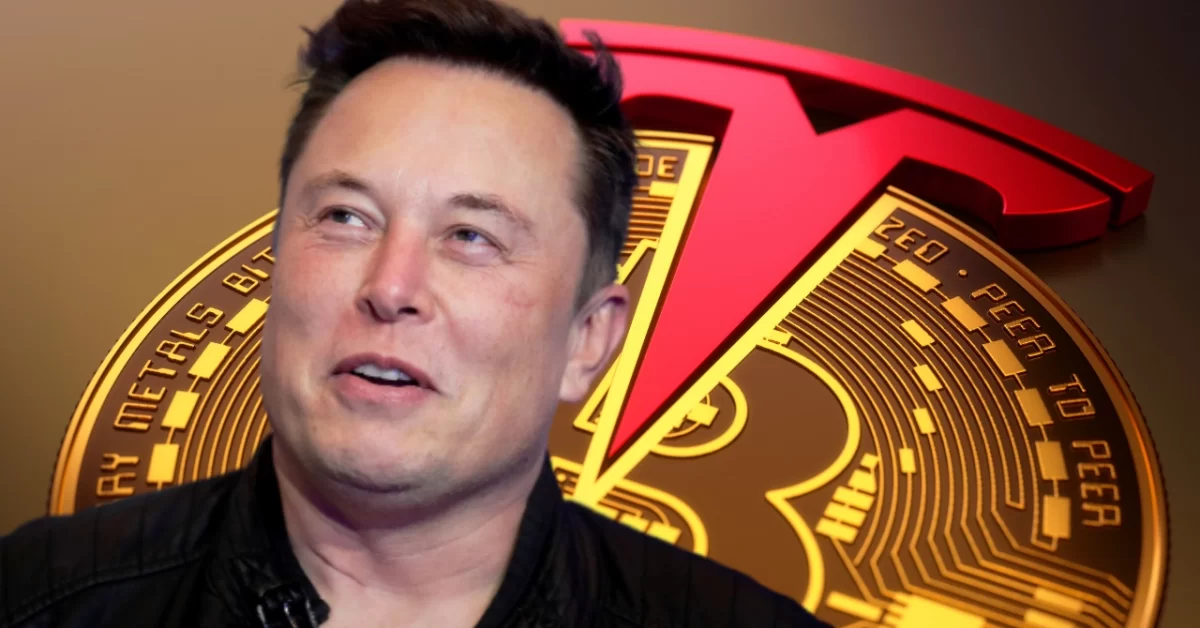Tesla has disclosed that between April 1 and the end of June, it sold around 75% of its Bitcoin. According to Tesla’s Q2 earnings release, the sales, which occurred during the second quarter of the year, brought $936 million in cash to its balance sheet and were recorded as a negative impairment. Bitcoin prices reached an all-time high of roughly $67,000 in November 2021, and by the end of June 2022, they were only worth about $20,000.
Tesla said in February 2021 that it has spent $1.5 billion buying Bitcoin in order to diversify its financial sheet and get the best returns. Then, only two months after starting to take it, Tesla CEO Elon Musk declared in May that Tesla will cease taking Bitcoin for Tesla sales. After Musk announced his choice through Twitter, the price of Bitcoin fell by more than 4%.
As of June 30, according to Tesla’s financial statement, it had $218 million in “digital assets, net,” compared to $1.2 billion during the previous three quarters and $1.3 billion in the quarter ended June 30, 2021. Although Musk said during an earnings call that Tesla has not sold its Dogecoin, it is likely that the majority of Tesla’s remaining digital assets are Bitcoin. TechCrunch pointed out that while Musk claimed to personally own Dogecoin, Tesla has not yet made that claim.
On an investor call, a Tesla spokesperson said, “We converted a majority of our Bitcoin assets to fiat for a realized gain, offset by impairment charges on the balance of our holdings netting a $106 million cost to the P&L included in the restructuring.”
In response, Musk jumped in to clarify that Tesla’s conversion of its Bitcoin assets was not a “verdict” on Bitcoin but rather a move to strengthen its cash position owing to uncertainties about COVID-19 regulations in China, which had an effect on its Shanghai Gigafactory.
Given the uncertainty surrounding the COVID lockdowns in China, Musk stated, “we liquidated a lot of our Bitcoin holdings since we were unsure when the lockdowns would end. It was vital for us to optimize our cash position.” “Therefore, this should not be interpreted as a judgment on Bitcoin as we are definitely open to growing our coin holdings in the future. Just because of the COVID shutdowns in China, we were worried about total liquidity. And none of our Dogecoin has been sold.”
Tesla said that in Q2, the overall production of the Model S, X, Model 3, and Model Y increased by 25% year over year to 258,580 units. 254,695 deliveries were made in total, up 27% from the previous year. A total of 55,000 fewer cars were delivered in Q2 than in Q1 and output was down around 17% from the previous quarter.
Tesla said that production difficulties persisted as a result of COVID shutdowns, worldwide supply delays, workforce constraints, and “logistics and other obstacles, which hindered our ability to continually operate our plants at full capacity.”
Musk also responded to inquiries about whether the business will lower costs after Elektrek reported at the time that the firm had increased prices by 10% across its whole range in June owing to inflation.
In other words, maybe, but it relies on inflation, which Musk has no control over. Musk said that Tesla needed to “predict what the expected inflation rate is over that period of time” due to the six-to-one-year delay between placing an order and receiving the product.
“We would not need to raise our automobile pricing until or until we saw signs that the inflation rate is falling. It’s conceivable that automobile costs may go down a little bit, but this is mostly reliant on macroeconomic inflation.” Musk predicts that inflation would start to drop by the end of 2022, but he cautioned against taking his forecast too seriously.
Source: ZDNet

